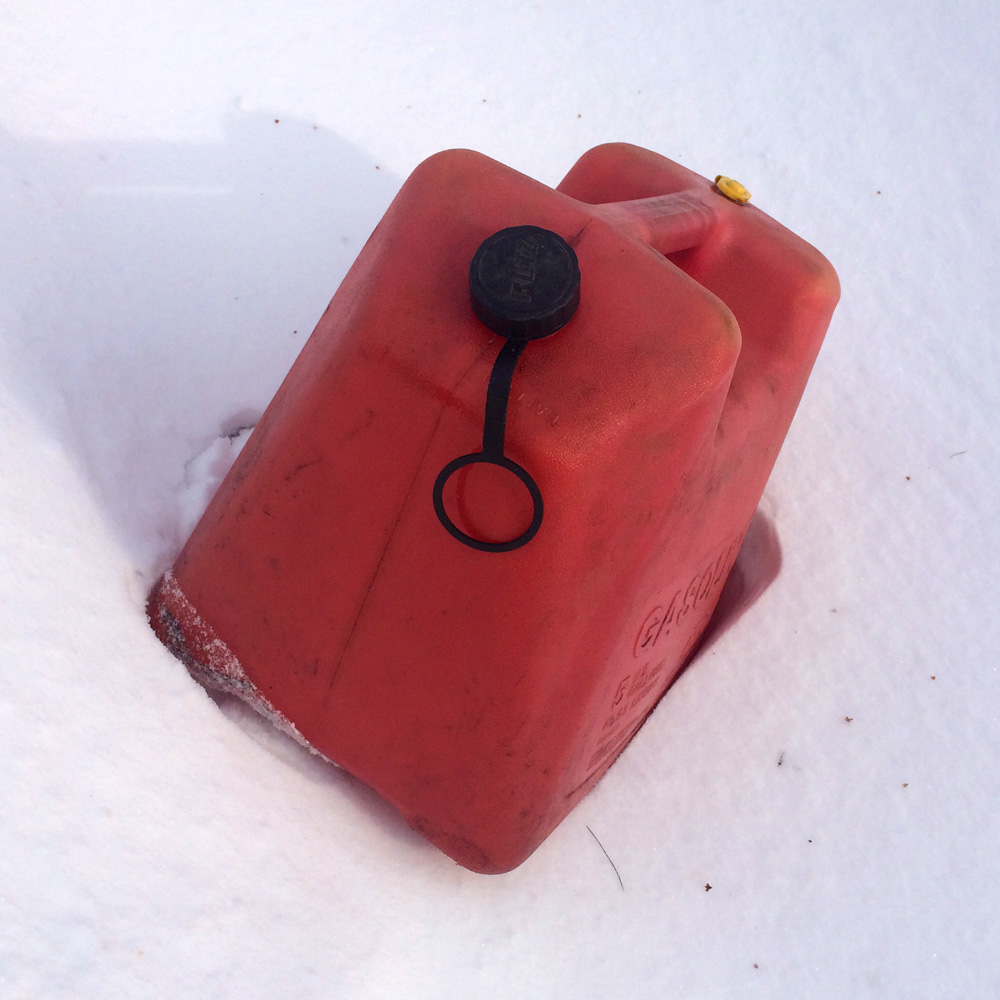
Around Christmas, the temps dropped to below zero at night: barely cracking single digits during the day. This extended sub-zero cold spell caught me off guard. I nearly ran out of heating oil.
It was also a refresher lesson in supply chain Inelasticity and the need to have alternatives.
The house came with oil heat which we use as a supplement to the wood stove and to heat water. We still run the boiler periodically on cold nights to keep one loop from freezing. During the cold wave, we were running it more than we realized.
A tank of oil normally lasts four to six months, so I don’t check the gauge all that often. When I did, it was near empty. There was maybe a week’s worth left.
Calling the oil company was a second surprise. Their phones were “unavailable at this time.” The oil company was overwhelmed with calls from people in the same boat. When their phone finally did ring, it was to play a recording that said how swamped they were with Auto Fill calls. “Will Call” customers (like myself) would have to wait until the end of January.
Auto Fill programs are pretty common in the northeast. The fuel company tracks the temperatures and calculates when their subscribers need refilled. The cold spell caught their formulas flat footed. Thousands, perhaps tens of thousands, of homes needed refills all at once. The heating fuel market did not have the elasticity to cover that.
Other oil companies were not accepting requests from ‘new’ customers. They were all scrambling to service their existing Auto Fill customers. I was on my own.
The prepper mindset is all about alternatives. The obvious alternative was to buy road diesel from a gas station. It’s more expensive, but cheaper than fixing a burst pipe. All of my fuel cans were full of stored gasoline. My original plan was to buy a new (yellow) fuel can and schlep home five gallons at a time to tide us over.
Thus began my second reminder about supply inelasticity. There were NO five-gallon fuel cans to buy — anywhere in town. There were only empty shelves. Tons of other people were doing the same plan: schlepping home road diesel.
Alternatives. Emptying one of my stored gasoline cans into the truck created a free can. It was only six-month-old gas and kind of a waste of Sta-Bil but it was an available fuel can.
Then, came the third reminderI found that some gas stations had run out of diesel. There must have been hundreds of people filling yellow jugs. Finally finding a station with diesel, I filled my can. A lady waiting for me to finish told me about buying the last to yellow jugs that AutoZone had. (so SHE’s the one!)
While this cold snap has been a useful exercise in seeking alternatives, it has also been a good reminder in how Inelastic our modern supply chain really is. Any sudden spike in demand tends to empty the shelves (or tanks).
And, you might ask, what would my alternative have been if no one had diesel to sell me? I would have shut off that loop and drained that line. No freeze problem. Schlepping a five gallon can every other day was less of a hassle, so that’s what I’m doing.
The takeaway? Don’t count on buying what you need when the crunch comes. You are likely to find only empty shelves. And, figure out your alternatives in advance. Crunch time is usually poor thinking time.
—
